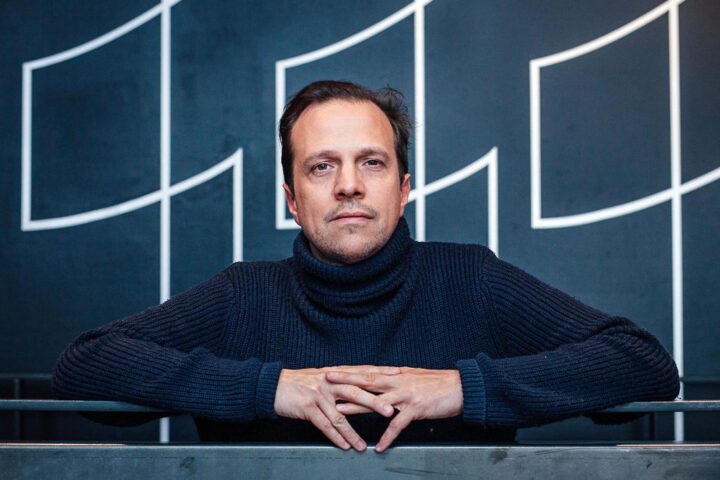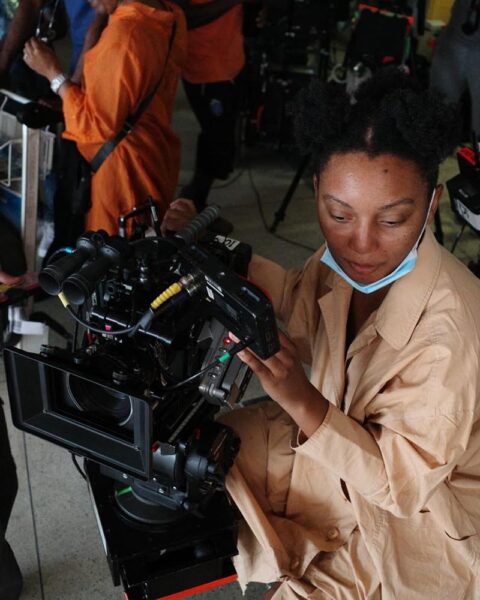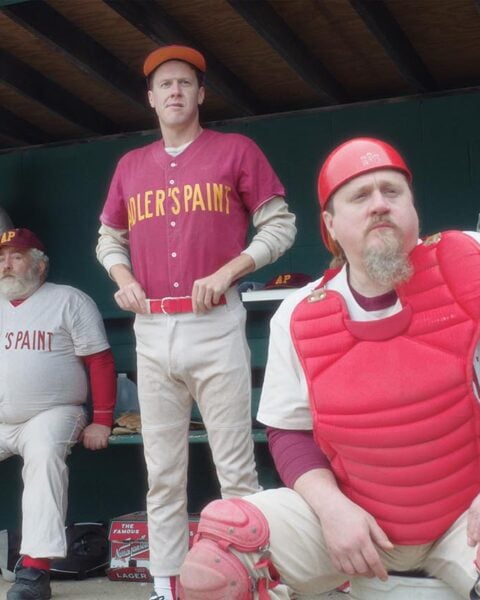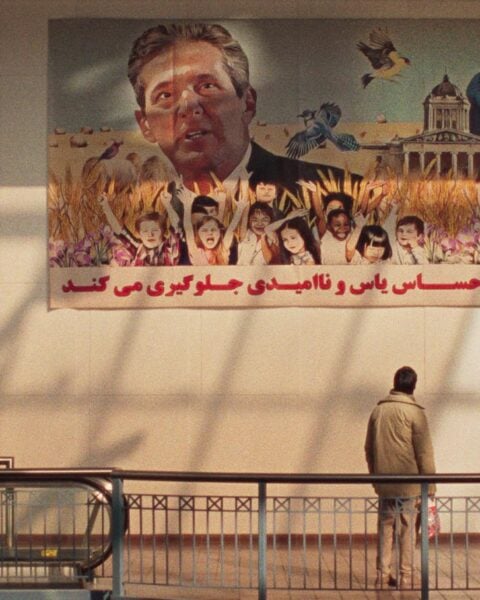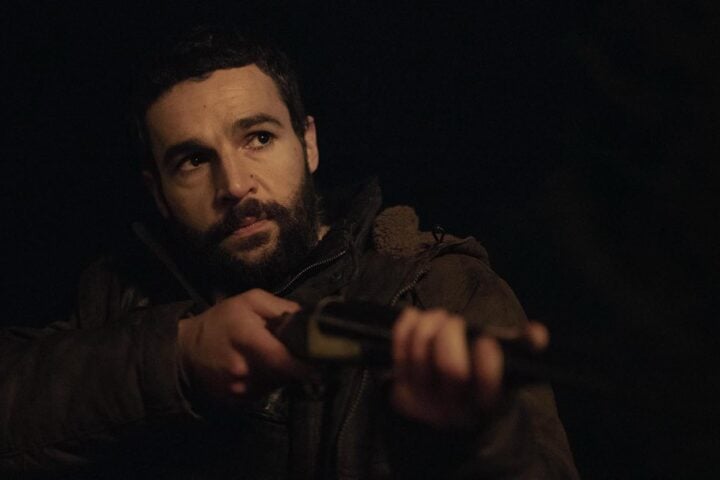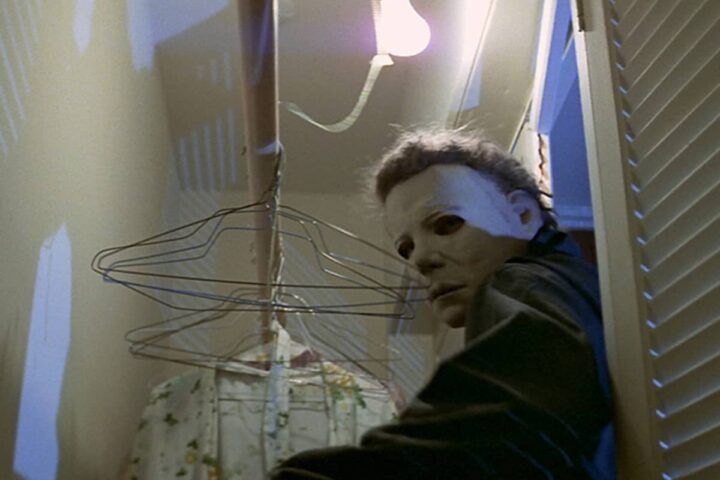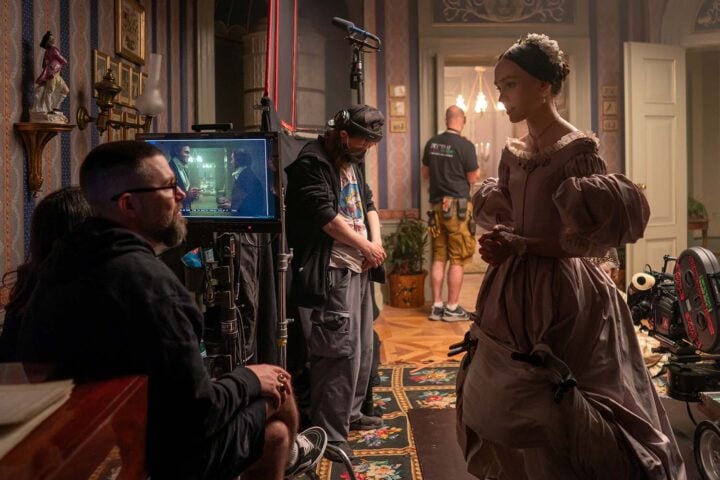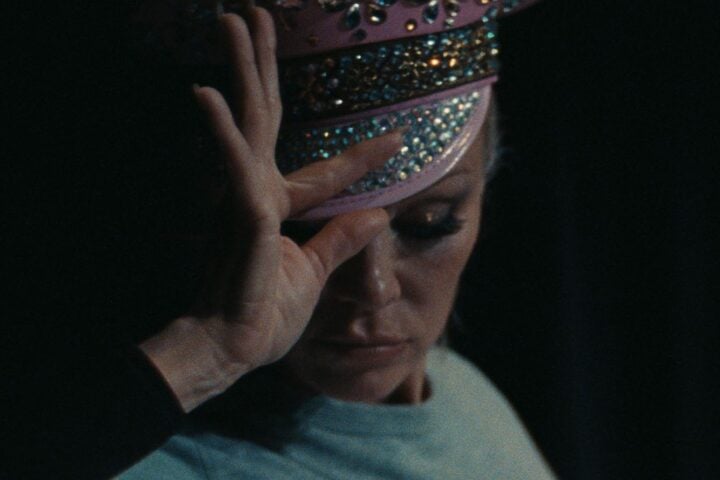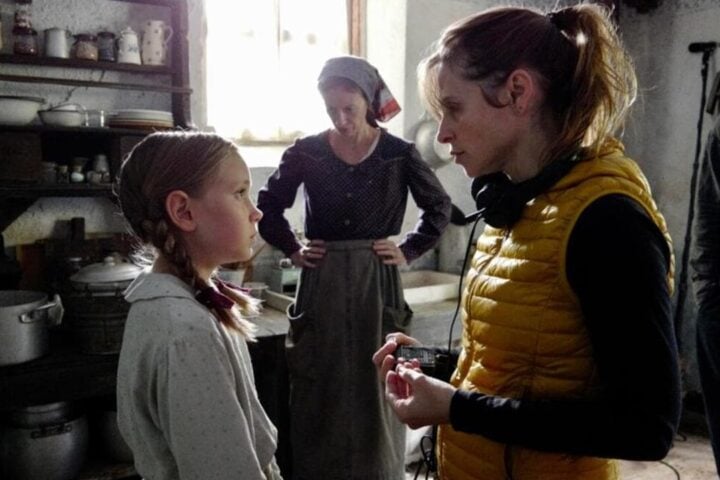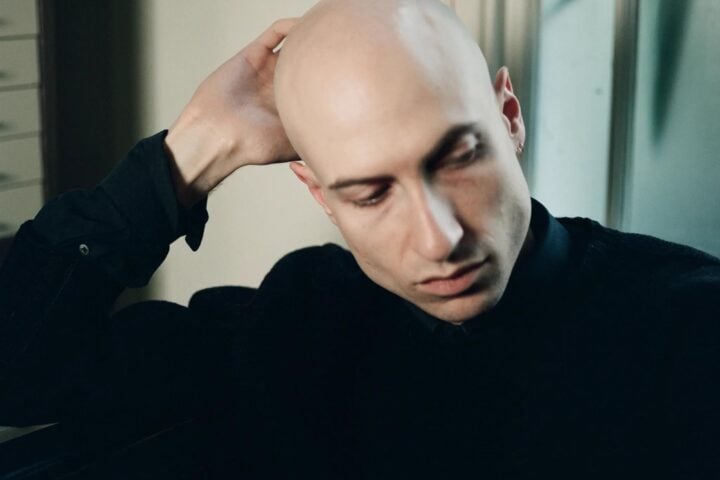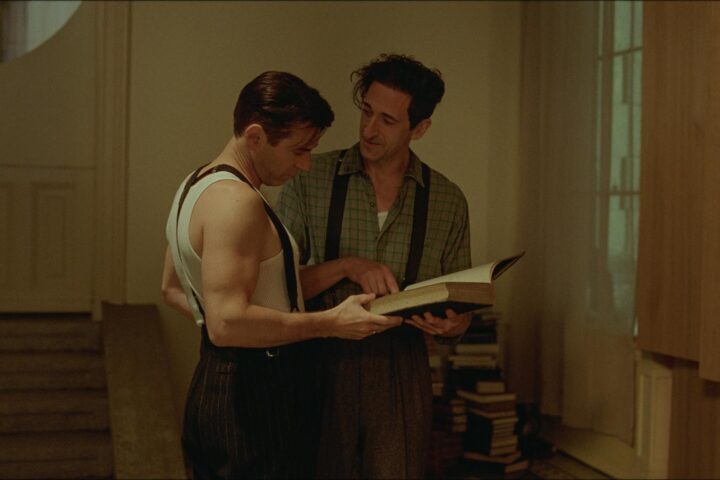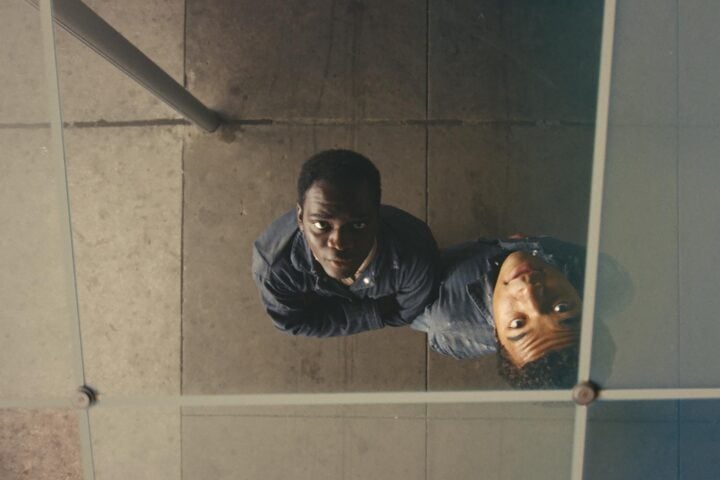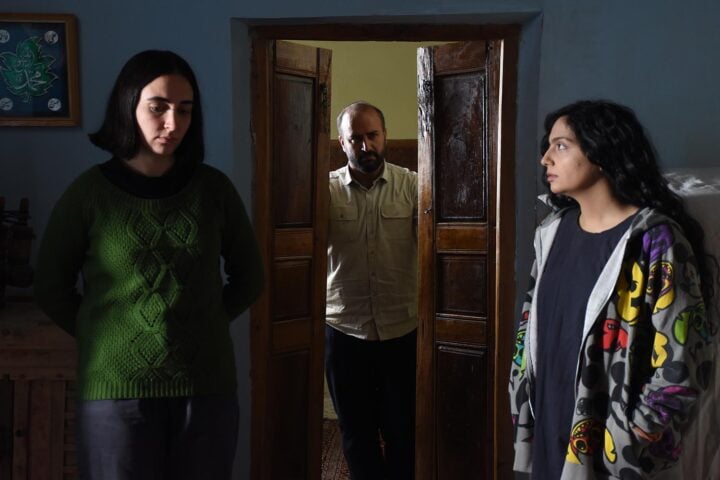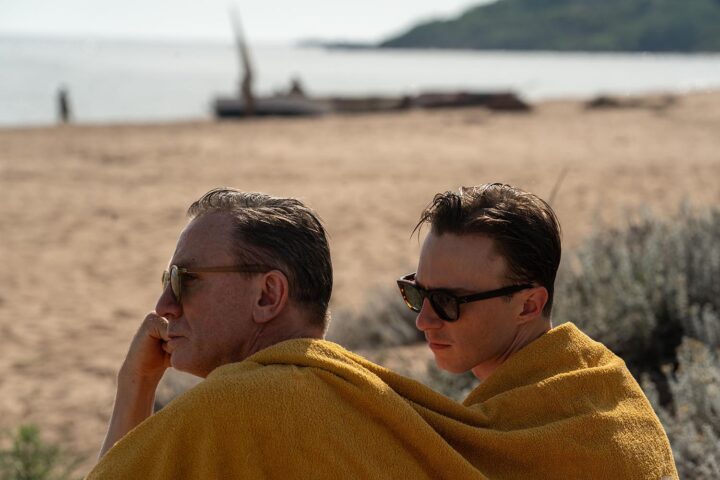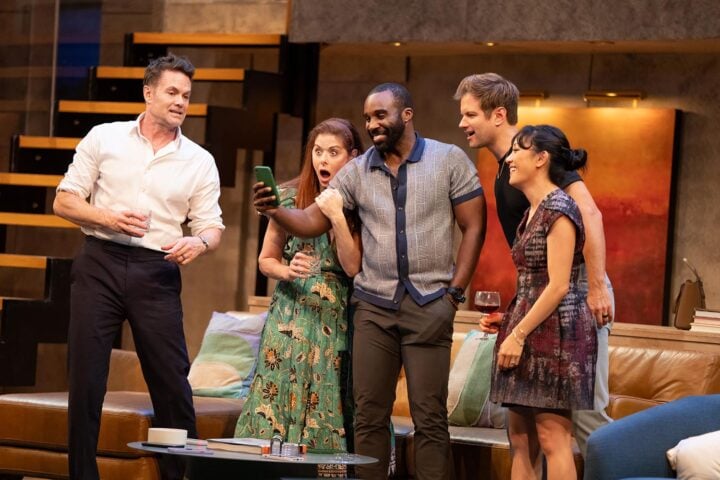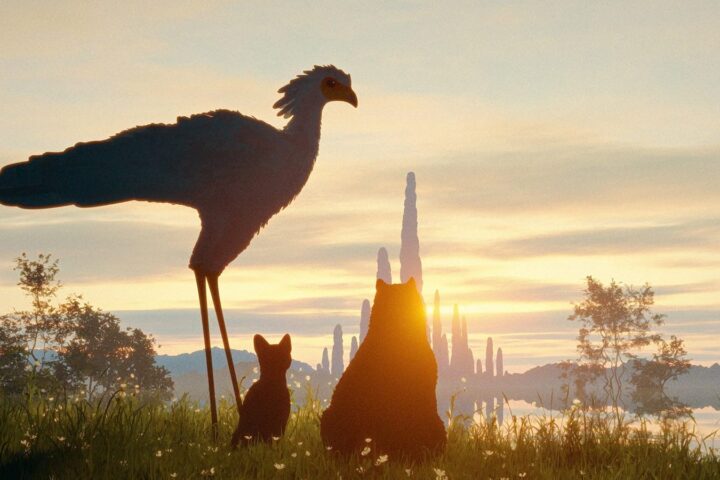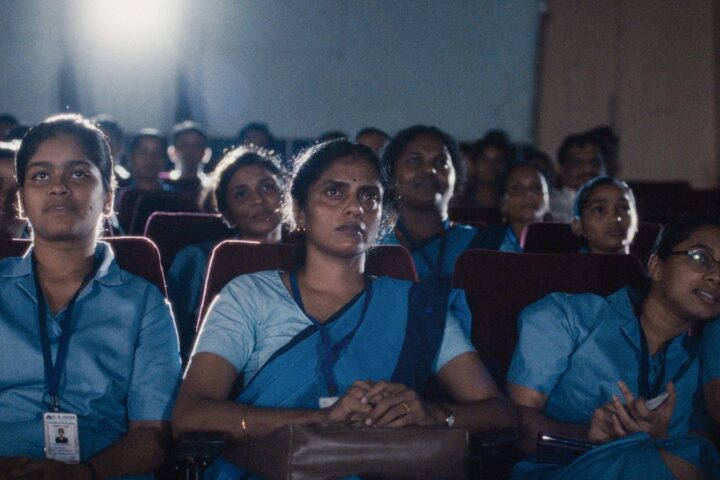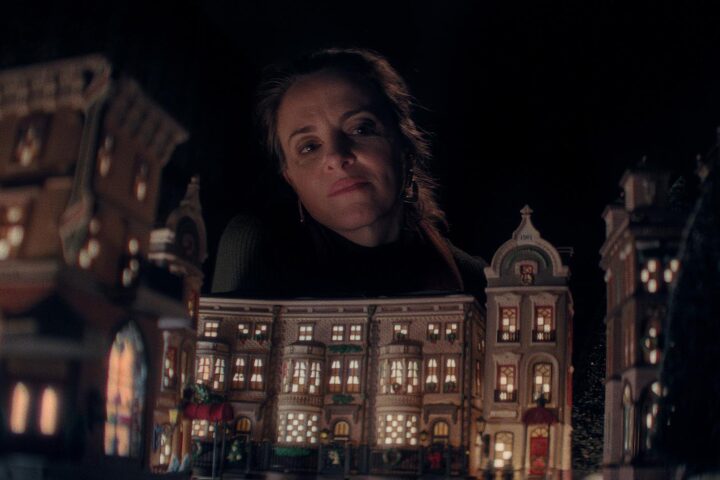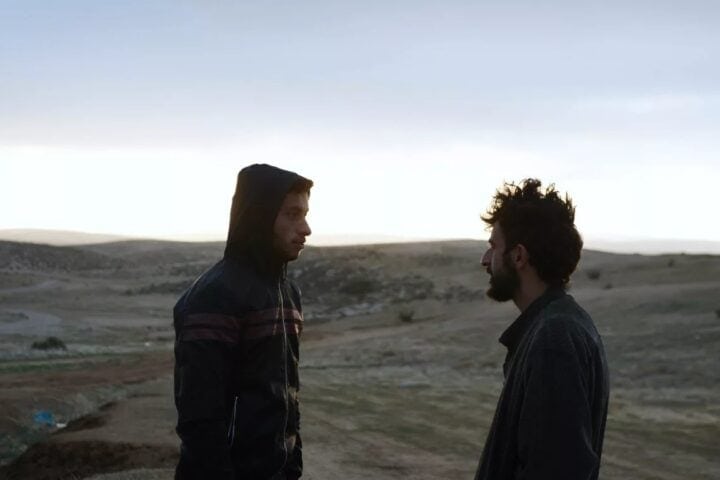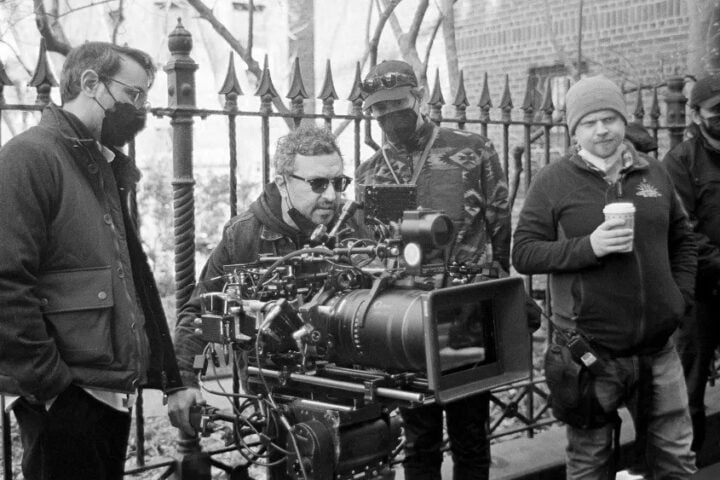Lesage discusses the struggles faced by more than just youth across his films.
Abbott discusses the merging of character and self and how the film fits into his career arc.
Dibbern and Larson discuss how writing about film led them back to writing about themselves.
Eggers discusses the film, its origins, and how the story was received in its birthplace.
Interview: Pamela Anderson and Jamie Lee Curtis on ‘The Last Showgirl’ and the Pains of Rejection
Anderson and Curtis discuss how their experiences as actresses colored their roles.
Delpero discusses what she hopes spending time in a bygone era offers to modern viewers.
Blumberg discusses developing the film’s main musical themes, his collaborators, and more.
Nivola discusses where he saw connections to his own life in Brady Corbet’s film.
Ross discusses how he and his collaborators pushed forward the idea of point of view.
Rasoulof discusses his resolve to keep telling stories in the wake of his multiple imprisonments.
Kuritzkes discusses his collaboration with Guadagnino on Queer and Challengers.
O’Hara discusses encouraging complicity between the audience and the production.
Zilbalodis discusses what he hopes people will make of the film’s ambiguities.
Kapadia discusses her influences, her exploration of language, and more.
Taormina discusses how “sonder” informs the shape and texture of his work.
The filmmakers discuss what making the documentary taught them about the nature of power.
Interview: Alonso Ruizpalacios on ‘La Cocina’ and What Capitalism Allows, and Doesn’t
Ruizpalacios discusses the immigrant experience, working in kitchens, and his own dreams.

